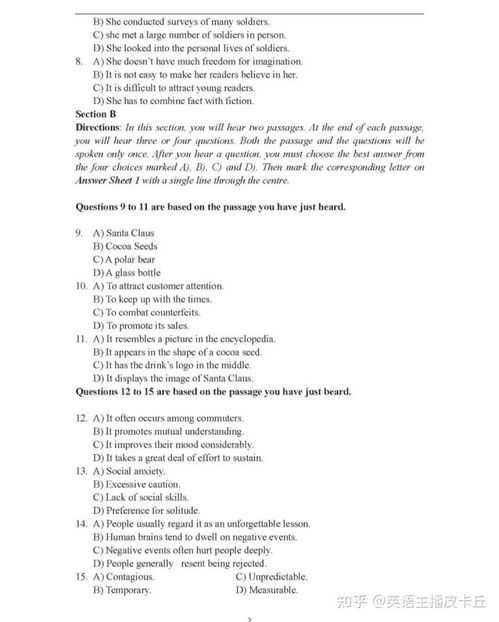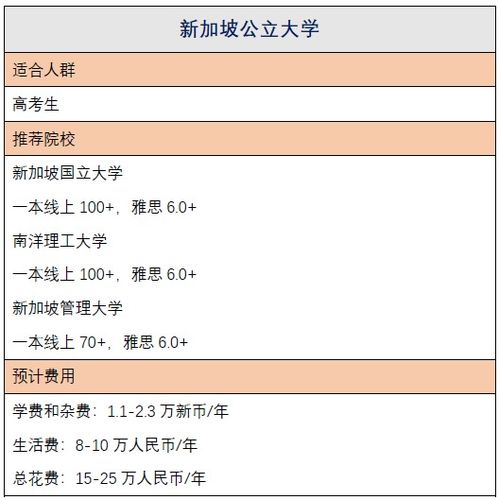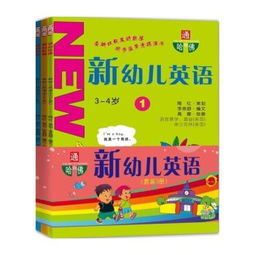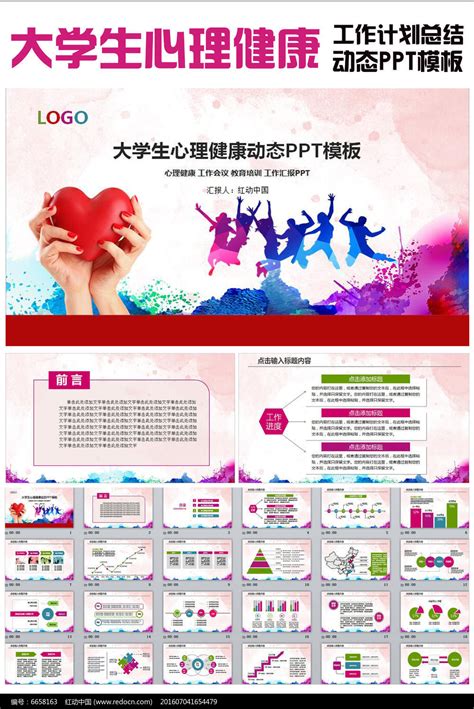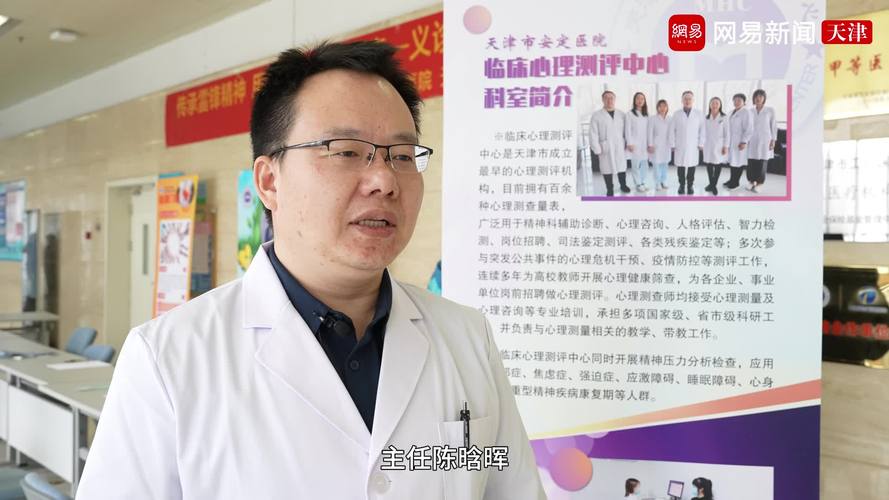在准备雅思考试的过程中,掌握一定的词汇量是非常重要的,雅思考试主要考察的是考生在英语环境中生活、学习的能力,因此其词汇要求既包含基础词汇,也有不少专业性较强的词汇,为了帮助大家更好地准备雅思考试,本文将从雅思听力、阅读、写作和口语四个部分来介绍一些高频出现的词汇及其用法,希望能对大家有所帮助。
雅思听力部分高频词汇
听力部分考察考生理解英语日常对话以及学术讲座的能力,其涉及的词汇范围广泛,涵盖了日常生活场景和教育、科技等多个领域。
Academic Vocabulary(学术词汇)
Seminar:研讨会;如:“The seminar will focus on the impact of climate change on coastal cities.”(研讨会将重点讨论气候变化对沿海城市的影响。)
Lecture:讲座;如:“I attended an interesting lecture on artificial intelligence yesterday.”(昨天我参加了一场关于人工智能的有趣讲座。)
Thesis:论文;如:“She is currently working on her thesis about renewable energy sources.”(她目前正在撰写有关可再生能源来源的论文。)
Daily Life Vocabulary(日常生活词汇)
Reservation:预订;如:“I made a reservation at the restaurant for 7 PM tonight.”(我在今晚7点预订了餐厅的位置。)
Timetable:时间表;如:“Check your timetable to see when your next class starts.”(查看你的课程表,看看下一节课什么时候开始。)
Apartment:公寓;如:“I'm looking for a two-bedroom apartment near campus.”(我正在寻找一间靠近校园的两居室公寓。)
雅思阅读部分高频词汇
阅读部分涵盖面较广,不仅包括社会科学、自然科学等内容,还有图表解读题型,以下是一些常见的阅读题中会用到的专业术语及常见表达方式:
Science and Technology(科技类词汇)
Biodiversity:生物多样性;如:“Conservation efforts aim to preserve biodiversity in tropical rainforests.”(保护措施旨在保护热带雨林中的生物多样性。)

Sustainability:可持续性;如:“This project focuses on developing sustainable solutions for waste management.”(该项目专注于开发废物管理的可持续解决方案。)
Innovation:创新;如:“The company is known for its continuous innovation in mobile technology.”(该公司以其在移动技术领域的持续创新而闻名。)
Social Science(社会科学词汇)
Economics:经济学;如:“The course covers basic principles of microeconomics and macroeconomics.”(这门课程涵盖了微观经济与宏观经济的基本原理。)
Demographics:人口统计学;如:“Researchers use demographic data to analyze population trends over time.”(研究人员利用人口统计数据来分析随时间变化的人口趋势。)
Sociology:社会学;如:“Her research examines the social impacts of globalization on local communities.”(她的研究探讨全球化对当地社区的社会影响。)
雅思写作部分高频词汇
写作部分分为Task 1(任务一)和Task 2(任务二),Task 1通常要求考生描述图表或过程,而Task 2则是议论文写作,以下是写作过程中可能会用到的一些词汇和表达方式:
Descriptive Language for Charts & Graphs(描述图表的语言)
Increase / Decrease:增长/下降;如:“There was a steady increase in the number of tourists visiting the city from 2000 to 2010.”(2000年至2010年间,参观该城市的游客数量稳步增长。)
Fluctuate:波动;如:“The stock price fluctuated widely throughout the trading day.”(股价在交易日全天大幅波动。)
Stabilize:稳定;如:“After several years of decline, oil prices finally stabilized last year.”(经过数年的下跌后,去年油价终于稳定下来。)
Opinion & Argumentation Words(意见与论据词汇)
Advantage / Disadvantage:优点/缺点;如:“One advantage of remote work is increased flexibility, but a disadvantage might be less face-to-face interaction with colleagues.”(远程工作的优点之一是灵活性增加,但缺点可能是与同事面对面交流的机会减少。)

Support:支持;如:“To support my argument, I will provide several examples from recent studies.”(为了支持我的论点,我将引用最近研究中的几个例子。)
Contrast:对比;如:“While some people believe that technology has brought us closer together, others argue that it has actually created more distance between individuals.”(虽然有些人认为技术让我们彼此更加接近,但也有人争辩说它实际上在人与人之间造成了更多距离。)
雅思口语部分高频词汇
口语考试旨在评估考生使用英语进行交流的能力,下面列举了一些在回答问题时常用的表达方法:
Expressing Opinions(表达观点)
In my opinion:依我看;如:“In my opinion, traveling abroad is a great way to broaden one's horizons.”(在我看来,出国旅行是拓宽视野的好方法。)
From my perspective:从我的角度看;如:“From my perspective, the most important factor in choosing a career is job satisfaction.”(从我的角度来看,在选择职业时最重要的因素是工作满意度。)
Personally speaking:就个人而言;如:“Personally speaking, I prefer reading physical books rather than e-books.”(就我个人而言,我更喜欢读纸质书而不是电子书。)
Describing Experiences & Events(描述经历与事件)
Last week, I went to...:上周我去了……;如:“Last week, I went to a concert featuring local artists. It was really enjoyable!”(上周我参加了一场由本地艺术家表演的音乐会,非常愉快!)
When I was younger, I used to...:当我年轻的时候,我常常……;如:“When I was younger, I used to spend hours playing video games with my friends.”(当我年轻的时候,我常常花好几个小时跟朋友们一起玩视频游戏。)
Once, I had an experience where...:有一次,我有过这样的经历……;如:“Once, I had an experience where I got lost in a foreign country without knowing the language. It taught me a lot about staying calm under pressure.”(有一次,我在一个不懂语言的外国迷路了,这件事教会了我在压力下保持冷静的重要性。)
就是针对雅思考试四个部分整理出的一些高频词汇及相关表达方式,希望大家在备考过程中能够熟练掌握这些词汇,并学会灵活运用它们来提升自己的英语水平,词汇学习是一个长期积累的过程,只有通过不断练习和实际应用,才能真正提高自己的词汇量并达到理想的考试成绩,祝大家备考顺利!

